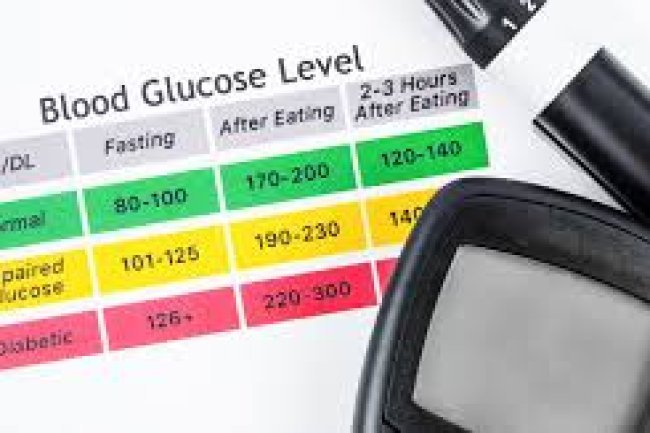High blood pressure (Hypertension)
Hypertension, commonly known as high blood pressure, is a medical condition where the force of blood against the walls of the arteries is consistently too high. Blood pressure is measured in millimeters of mercury (mmHg) and is expressed as two values: systolic pressure over diastolic pressure. The systolic pressure represents the force of blood when the heart beats, while the diastolic pressure is the force when the heart is at rest between beats. Normal blood pressure is typically around 120/80 mmHg. Hypertension is usually defined as when a blood pressure consistently higher than 130/80 mmHg. It is a significant health concern because it can lead to serious complications, including heart disease, stroke, and kidney damage.
Here are some key points about hypertension:
-
Primary Hypertension: This is the most common type of hypertension and has no identifiable cause. It tends to develop gradually over time and is influenced by various factors such as age, genetics, diet, and lifestyle.
-
Secondary Hypertension: This type is caused by an underlying condition such as kidney disease, hormonal disorders, or the use of certain medications. Treating the underlying cause can often help manage secondary hypertension.
-
Risk Factors:
- Age: The risk of hypertension increases with age.
- Family history: Having a family history of hypertension may increase the risk.
- Race: African-Americans tend to have a higher risk.
- Obesity: Being overweight or obese puts additional strain on the heart.
- Lack of physical activity: Inactivity is a risk factor for hypertension.
- Unhealthy diet: Consuming too much salt and not enough potassium can contribute to high blood pressure.
- Smoking: Tobacco smoke can damage blood vessels and raise blood pressure.
- Excessive alcohol consumption: Drinking too much alcohol can raise blood pressure.
-
Symptoms: Hypertension is often called the "silent killer" because it typically does not cause noticeable symptoms. Many people may have high blood pressure for years without knowing it. Regular blood pressure checks are essential for diagnosis.
-
Complications: Uncontrolled hypertension can lead to serious health problems, including heart disease, stroke, kidney disease, and eye damage.
-
Prevention and Management:
- Adopting a healthy lifestyle, including a balanced diet and regular physical activity.
- Limiting salt intake.
- Maintaining a healthy weight.
- Managing stress.
- Limiting alcohol consumption.
- Taking prescribed medications as directed by a healthcare professional.
Hypertension is a chronic condition that requires ongoing management.
If you suspect you have high blood pressure or are at risk, it's crucial to consult with a healthcare professional for proper diagnosis and guidance on lifestyle changes or medication if necessary.
Regular monitoring and management are essential to reduce the risk of complications.
What's Your Reaction?















